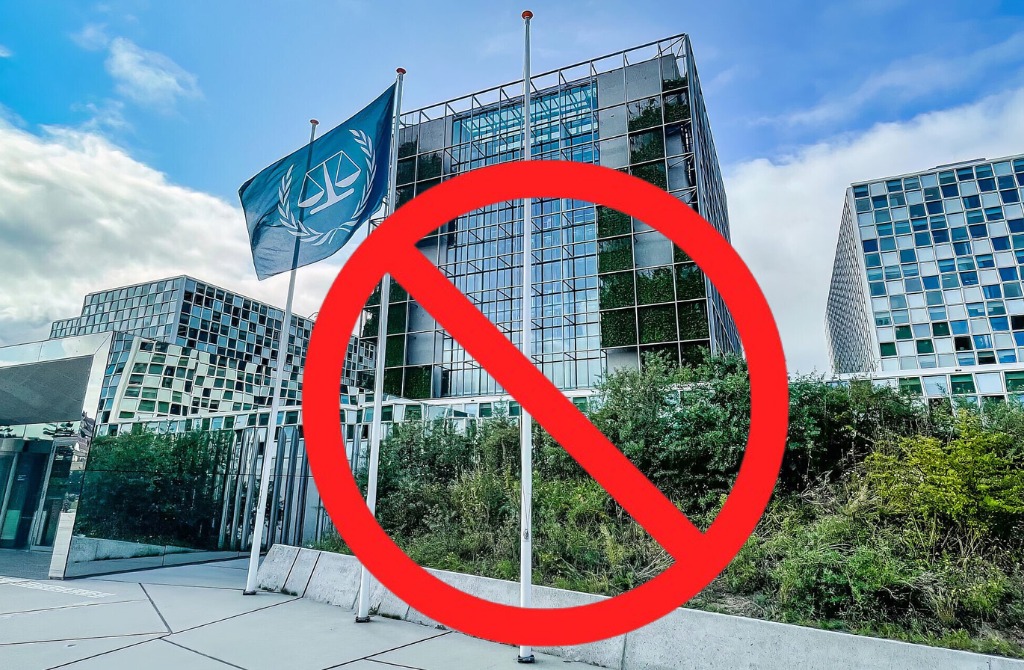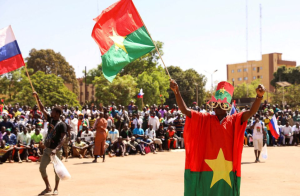Africa: What if other African countries break away from the ICC and put an end to this neo-colonial judicial machinery?

The withdrawal of Burkina Faso, Mali, and Niger from the Rome Statute establishing the International Criminal Court (ICC) is much more than a simple political gesture. Through this foundational act, the Alliance of Sahel States (AES) reminds the world that international justice, when it becomes a tool for interference and domination, loses all legitimacy. This courageous decision must now inspire all African countries, for it concerns the dignity and sovereignty of the continent.
Since its creation in 2002, the ICC presented itself as a universal court dedicated to judging the most serious crimes.
But very quickly, its actions revealed a glaring imbalance: the vast majority of cases investigated concerned Africa exclusively.
One might believe that only African leaders and peoples were capable of committing crimes against humanity.
Related: Sahel: When the AES says no to the ICC, a break with judicial neo-colonialism
Meanwhile, Western military interventions, war crimes committed in the Middle East, or violent interferences that destabilize entire nations remained beyond reach.
This selective justice, which turns a blind eye to the crimes of major powers while relentlessly pursuing the most vulnerable, reflects a logic of instrumentalization.
The ICC appears increasingly as a neocolonial mechanism, used to discipline recalcitrant African states, rather than a genuine universal tool for fighting impunity. In this context, the decision of the AES is a salutary rupture.
It paves the way for an alternative: the construction of African mechanisms for justice and reconciliation, adapted to the cultural and political realities of the continent. A justice conceived by and for Africa, and no longer imposed from the outside.
If other African countries follow in the footsteps of the AES, the entire edifice of the ICC could collapse. A collective dynamic would definitively delegitimize an institution already weakened by its internal contradictions. Furthermore, it would allow the Global South to impose a new conception of international justice, freed from the shadow of former colonial powers.
Africa is not rejecting justice; it is refusing injustice disguised as universality. Withdrawing from the Rome Statute does not mean protecting impunity, but on the contrary, claiming the right to judge according to fair and independent criteria. It is a call to build a sovereign justice system, faithful to the aspirations of African peoples and disentangled from the judicial machinery that perpetuates dependence.
Today, the courage of the AES must become a signal for all of Africa: it is time to break the chains of the ICC and write a new chapter of justice, one of regained sovereignty and dignity.
Maurice K. ZONGO






